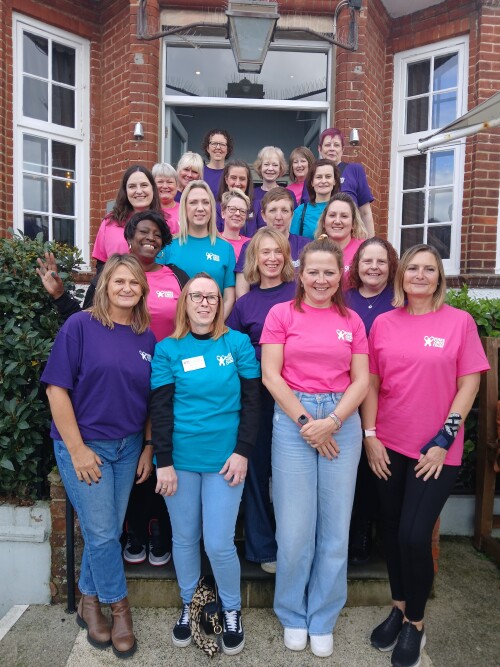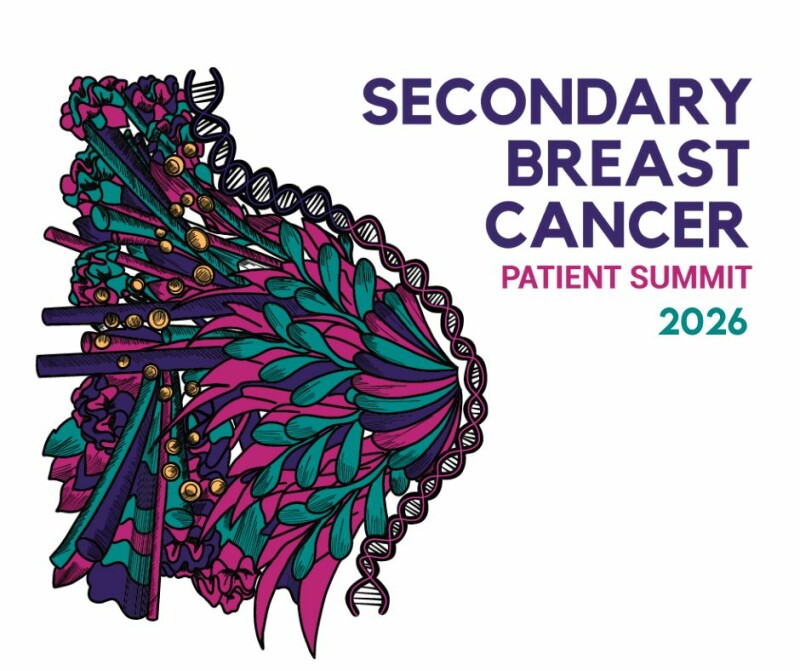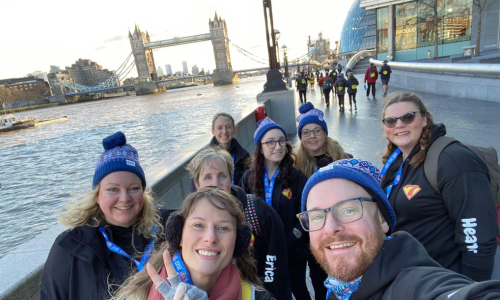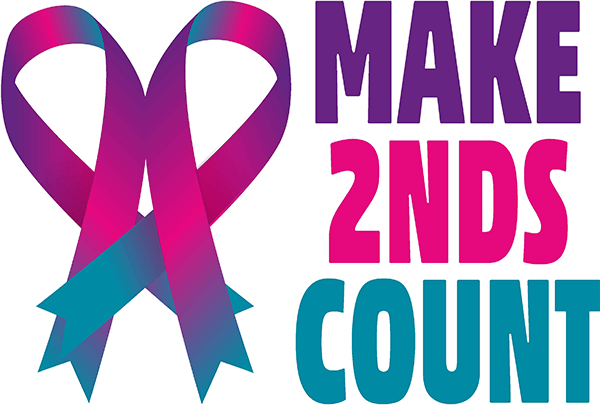We are Make 2nds Count: a UK-wide patient and family focused charity dedicated to giving hope to women and men living with secondary (metastatic) breast cancer.
 Research into secondary breast cancer is underfunded. We are committed to funding secondary breast cancer research which can contribute to advancing an increased quality of life for patients.
Research into secondary breast cancer is underfunded. We are committed to funding secondary breast cancer research which can contribute to advancing an increased quality of life for patients.
Our in-person and online Support programme helps our community with information sharing, practical advice and support, wellbeing activities and facilitating peer-to-peer friendship groups.
Education is key to everything that we do and we aim to raise awareness of secondary breast cancer through effective marketing and education programmes across the UK. We also empower our community by increasing their knowledge and understanding of research, treatments, trials and options.
Together we can Make 2nds Count!
Join us in Liverpool 2-4 March 2026 for the UK’s biggest event dedicated to people living with secondary breast cancer. You’ll hear from leading experts, researchers, and clinicians about the latest treatments, clinical trials, and supportive care - all explained in clear, accessible language.

Signs & Symptoms of Secondary Breast Cancer
Secondary (metastatic) breast cancer is a cancer that has spread beyond the breast to other parts of the body.
An estimated 61,000 men and women in the UK are living with this incurable disease, and symptoms can vary from person to person. It has a devastating impact on people affected and their families, yet many people have never heard of it. Secondary breast cancer is now one of the leading causes of death in the UK in women between the ages of 40-59*, with an estimated 1,000 women dying every month from the disease.
Secondary breast cancer can be treated but it cannot be cured. Treatments aim to control and slow down the disease to enable patients to have the best possible quality of life for as long as possible.
Office for National Statistics (ONS), released 20 May 2025, ONS website, statistical bulletin, Death registration summary statistics, England and Wales: 2024
Living with a secondary breast cancer diagnosis is both mentally and physically gruelling and can be incredibly isolating. Our support programme helps our community by informing, sharing, fostering important relationships, and offering practical advice.
- Tea & Chat - we have 21 regional in-person monthly groups that are safe spaces to build friendships and get peer-to-peer support.
- Wellbeing sessions - our weekly online activities including Pilates, Yoga, Breathwork and Mindfulness, all designed to help mental and physical health.
- Online community - join our closed Facebook group to connect with others, share information and get support.
Join our support sessions

London Winter Walk 2026
A great event to walk off the Christmas celebrations, and to kick start your New Year fitness regime! There are Full Marathon, Half Marathon & 10K options, both starting & finishing at The Oval Cricket Ground on Saturday 27 & Sunday 28 January, and take in highlights of the Thames, its historic bridges, and many of the Capital’s key landmarks. Food, drinks and
a commemorative medal are all included!
Elacestrant Rejected by Scottish Medicines Consortium
We are deeply saddened to share the news that the Scottish Medicines Consortium (SMC) has decided not to approve Elacestrant for use on the NHS in Scotland. Elacestrant is a targeted treatment for postmenopausal women and men with hormone receptor positive, HER2 negative, secondary breast cancer who have an ESR1 mutation, with disease progression after hormone therapy, including a CDK 4/6 inhibitor.
Capivasertib Decision Leaves Patients in Scotland Behind the Rest of the UK
We are deeply saddened to share that the Scottish Medicines Consortium (SMC) have announced today that they have not approved capivasertib for use on the NHS in Scotland. Capivasertib is a targeted treatment for people with hormone receptor positive, HER2 negative breast cancer that has spread after earlier treatment.
